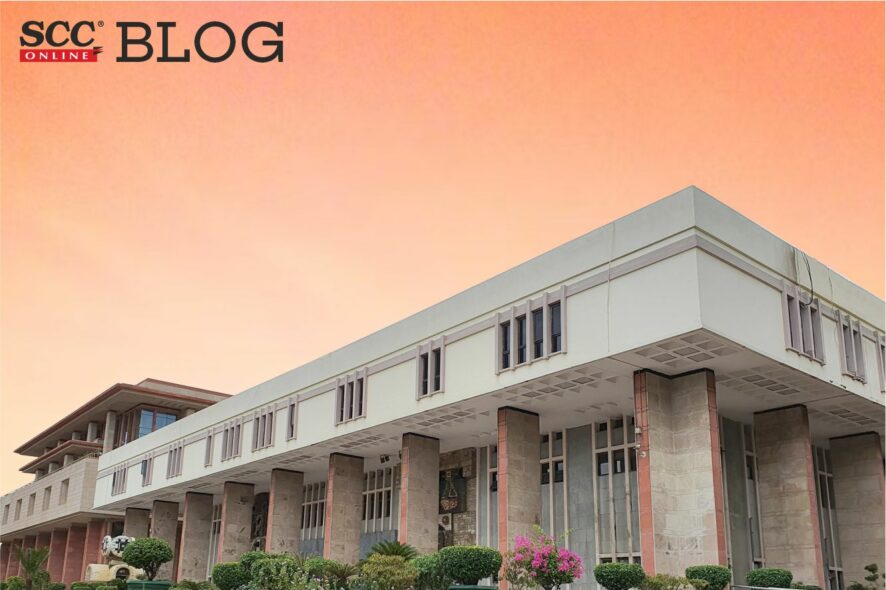Delhi High Court: Yashwant Verma, J. disposed of the petition with a direction to the respondent hospital to process the application and request as made by the petitioner in accordance with law.
Factual Background:
The facts of the case were that the petitioner wished to donate her kidney to her father, who required a transplant. However, the respondent hospital was seeking a no objection certificate from the petitioner’s husband to process the same. The petitioner conveyed that the same would not be possible on account of sour relations between the couple.
Observations and decision:
Yashwant Varma, J. of the Delhi High Court deliberated on the correct reading of Rule 18 and 22 of the Transplantation of the Human Organs and Tissues Rules, 2014 and clarified that the rules did not contemplate nor mandated spousal consent. The only requirement was of her independent consent being confirmed by a person other than the beneficiary.
It was held that in absence of the statutory mandate that spelled out consent of the spouse for organ donation to be required under the act, the Court can not read same and thus the stand taken by the respondents was incorrect.
The Court relied on Common Cause v. Union of India, (2018) 5 SCC 1 for highlighting the importance of upholding right to life, bodily autonomy and privacy. The right of organ donation being a personal right could not be recognized as being subject to the consent of the spouse. A spouse does not hold supervening right to control a personal decision of the donor. However, the only caveat of free consent and an informed choice on the donor’s behalf has to be ascertained.
The respondents were directed to consider the application of the petitioner afresh and the same could not be rejected on the only ground of non-availability of the no objection certificate by the spouse.
[Neha Devi v. Govt. NCT Delhi, W.P (C) 8671/2022, decided on 30 -5-2022]
Appearances-
For petitioners: Mr Mahesh Verma
For respondents: Mr Karan Bhardwaj (R1), Mr Sidharth Panda (R2)







